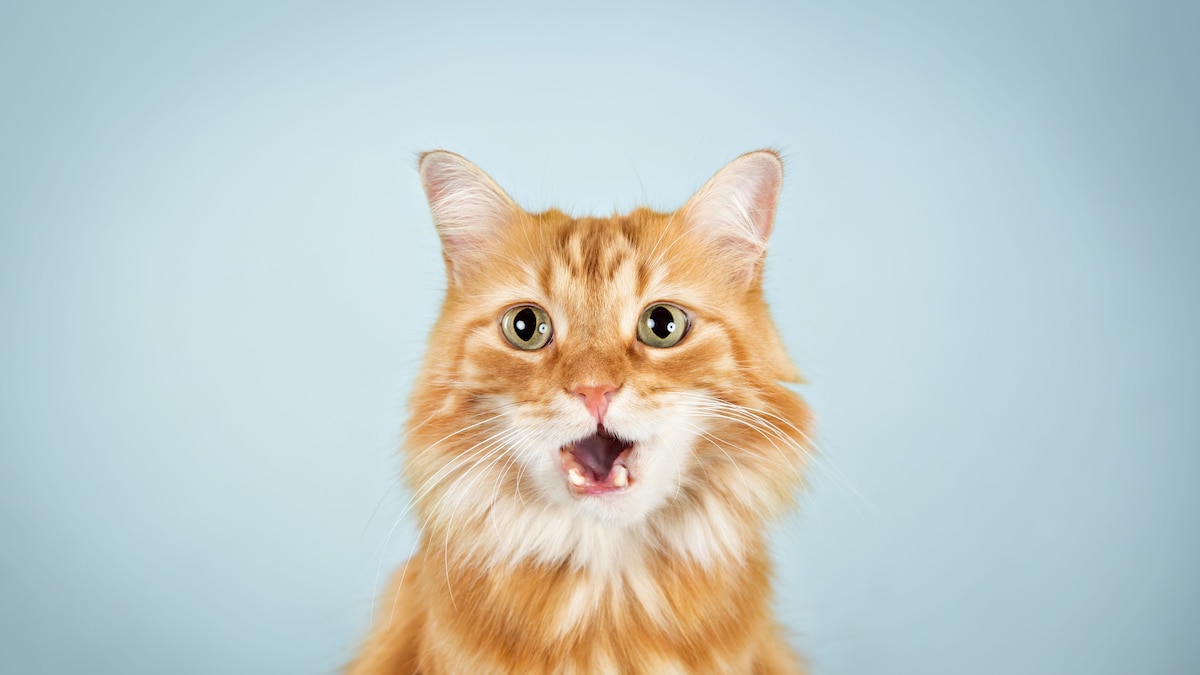Even with that knowledge though, Siracusa says biases are often grounded in experience. And as someone who handles cats on a regular basis, he has his own experience-based beliefs, such as male cats being more outgoing than females.
“My perception itself, at this point, is a bias,” he laughs.
Orange cat behavior—what we do know
Even without a slam-dunk study connecting a cat’s orange-ness to its personality, there are hints at a biological link.
Remember the ARHGAP36 gene that provides orange coloration? Well, it’s linked to the X-chromosome. This explains why orange cats are more likely to be male, the authors report in the study published in Current Biology.
Female cats have two X chromosomes. And that means they must possess two copies of the gene in order to produce orange coloration. But males, which have XY chromosomes, need just one copy of ARHGAP36, to develop orange colorations. Perhaps this is the real answer to orange cat quirkiness: Siracusa tends to think that, in general, male cats are more outgoing.
